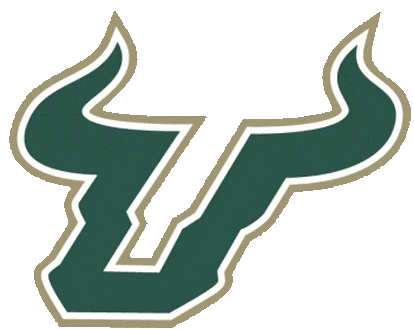The Inevitable Polarization of American Politics
During tonight’s edition of Educated Soldier, I want to address two issues. The first will be brief.
THE WIKIPEDIA DRINKING GAME
This first topic will be the light-hearted of the two. Among my many favorite pastimes is the act of socially consuming alcohol. I did just that during the past weekend. While doing so, my roommates and I developed the game that you now see listed in the above heading. I found the game so enjoyable that I hastily created a blog in its honor. That blog, surprisingly, garnered an equal amount of attention in a 24-hour period as Educated Soldier has generated in nearly a year of existence. That same blog even landed me a job opportunity as a prominent college-related website (which I will only name should I accept the offer) offered me a paying position as a contributing writer. My articles would be entertaining (so I would intend, at least) takes RE: on-goings in the
THE POLARIZATION OF AMERICAN POLITICS
The following was encouraged by a comment posted in response to the most recent edition of Educated Soldier. Within the comment was a detail made in passing that, upon rereading effectively caught my attention.
The comment suggested that, perhaps, it would be useful to shed my current political biases. This is to suggest that one could choose to present and understand political discourse in a less segregated type of way. Perhaps,
Abandon Right and Left wing biases. –---- This idea immediately struck me as surprisingly profound. The task seems so easy. But it is not. Indeed, to abandon such biases would constitute a paradigm shift in the way one perceives modern American politics.
Now I am not old enough to remember a country prior to the institution of mandatory red-state / blue-state categorizations. But these categorizations exist now, are very much real, and influence the common American citizen’s way of life in more ways than I believe we may first imagine. If my understanding of politics, especially as applies to the federal government, is correct,
My personal fear is stoked by the possibility of an increasingly government subsidized way of living the American life. My fear is not provoked by clichés of modern political rhetoric. I do not fear, contrary to popular belief, that government-provided healthcare leads to socialism, which – in turn – leads to the death of America's treasured personal freedom. My fear is that most any unearned government subsidy leads to moral hazard. The ability to get something for nothing leads people to addiction. The addiction is a type of “What can my country do for me” dependency.
Despite having fought terrorism directly and attempting to rejoin the fight currently by becoming Special Forces – qualified, my gut fear isn’t of Al Qaeda and the like, but of an American generation any less self-motivated than the one I am currently growing in.
So long as the Left is pushing further to its political extreme, hinting toward a future where more public services are usurped by government entities, I will have trouble abandoning my polarized, biased perception of the American government and those whom actively participate in it.
One of two options can occur that could effectively aid in alleviating my politically biased language. The one moderate candidate running for President can win and, by doing so, encourage the legislative branch toward re-achieving the middle where, throughout American history, it has had the tendency to dwell. The other option is that one of the other two candidates can be victorious but be much more centrist during their time in the office of the President than their current campaigns suggest will be the case.
Any other option coming to fruition would aid only in stoking my darkest fear as stated above. Should that be the case, I can not see how I could observe and discuss American politics without being intensely biased.





No comments:
Post a Comment